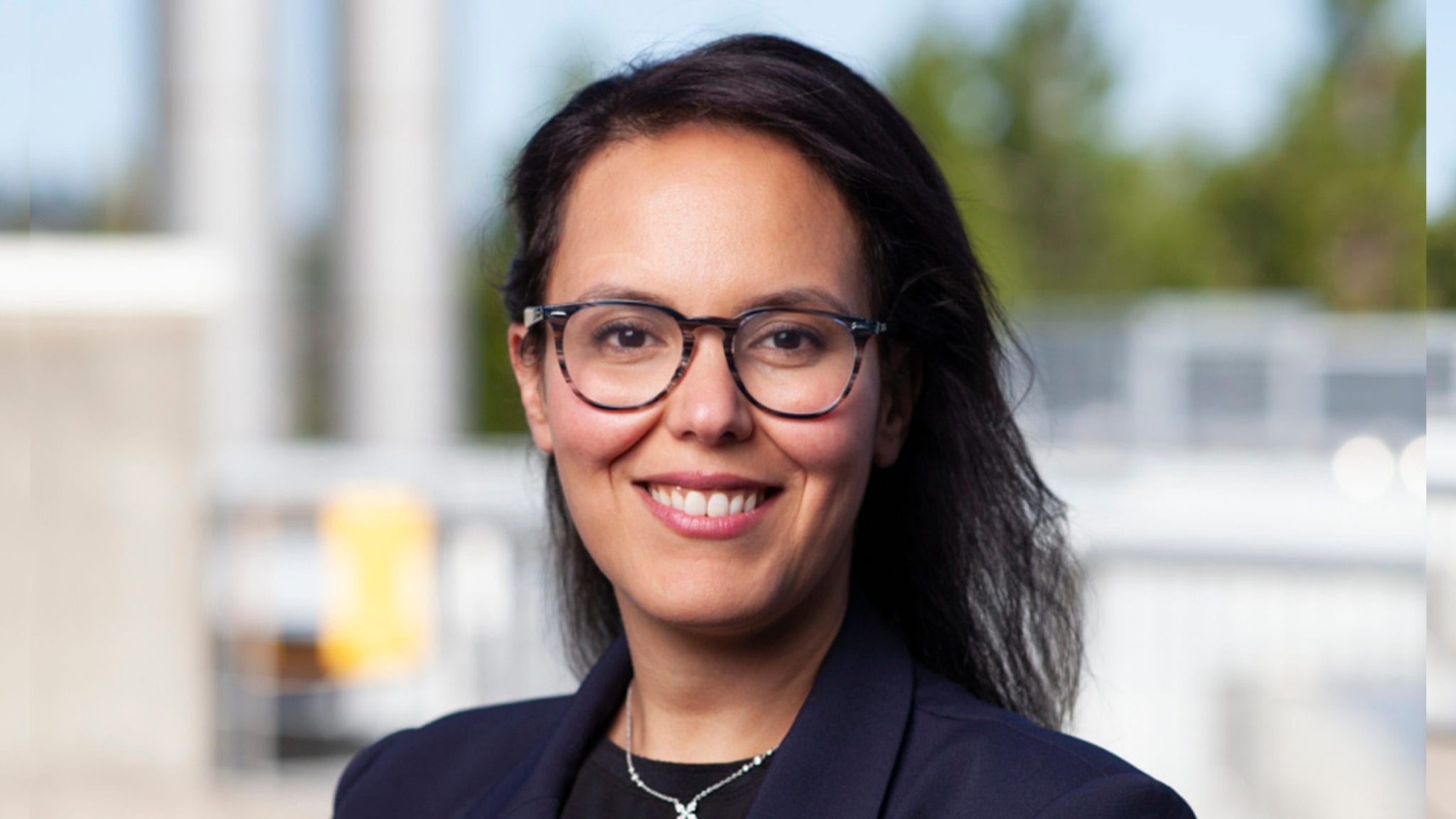
Can a small biotech successfully tackle an Everest climb like Alzheimer’s? Athira has $85M and some influential backers ready to give it a shot
There haven’t been a lot of big venture rounds for biotech companies looking to run a Phase II study in Alzheimer’s.
The field has been a disaster over the past decade. Amyloid didn’t pan out as a target — going down in a litany of Phase III failures — and is now making its last stand at Biogen. Tau is a comer, but when you look around and all you see is destruction, the idea of backing a startup trying to find complex cocktails to swing the course of this devilishly complicated memory-wasting disease would daunt the pluckiest investors.
Unlock this article instantly by becoming a free subscriber.
You’ll get access to free articles each month, plus you can customize what newsletters get delivered to your inbox each week, including breaking news.